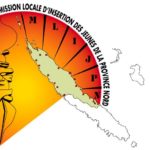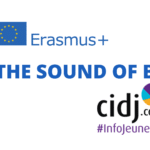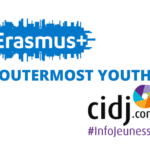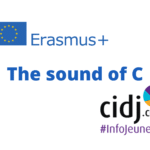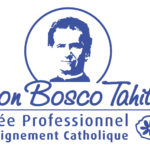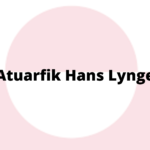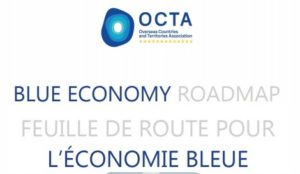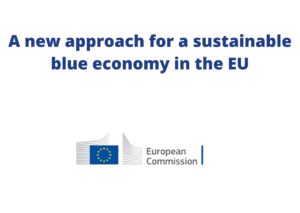Higher education is a particularly important area for the OCTs, especially in the context of their close relationship with the EU. OCTs aim to diversify from focusing on traditional economic sectors such as tourism and fisheries and become competitive through smart specialization, increasing their innovation and competitiveness especially in knowledge-intensive sectors where education and research play a key enabling role.
In this context, exchange programmes between the EU and OCTs are increasingly popular, the EU Erasmus+ programme being by far the most popular EU horizontal programme in the OCTs.
The 2014 Overseas Association Decision (OAD) underlines the importance of Research, Education and Training for the development of the OCTs societies and economies, and stresses that this should be done not in isolation, but through “participation in cooperation activities, mobility programmes for researchers and institutions” (articles 31 and 33, OAD). Further, the OAD presents a shift in OCT-EU relations from an aid-based relationship to a modern partnership between two equally responsible parties working together to develop the full potential of the OCTs, and implies that the OCTs are perceived both as a valuable asset to the EU, as well as privileged international partners.
Through the focus on innovation and on education, OCTs can benefit from the richness of their natural resources without facing the risk of affecting their natural heritage and the livelihoods of their communities.



